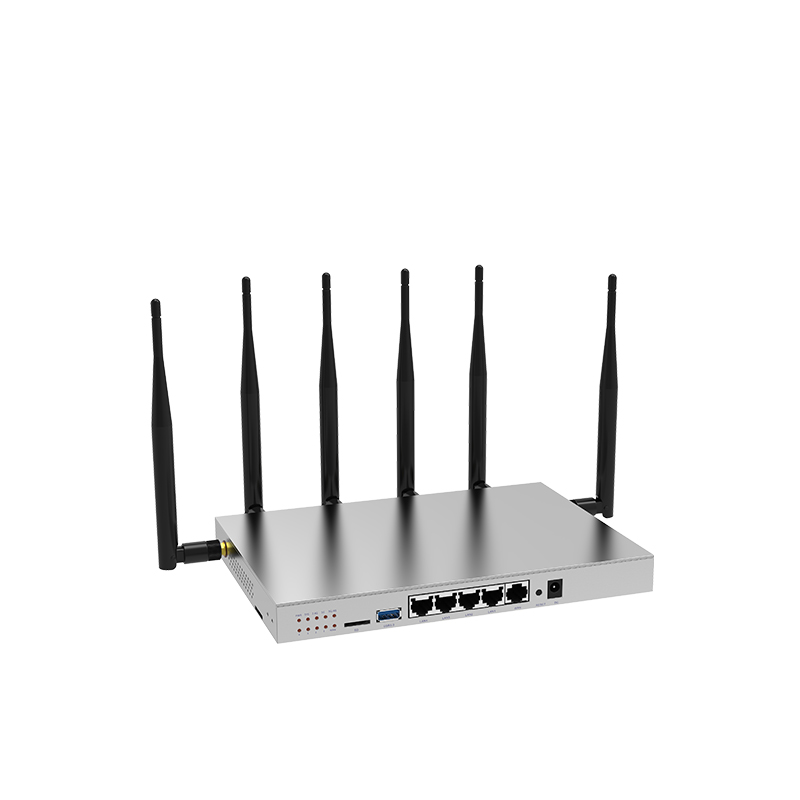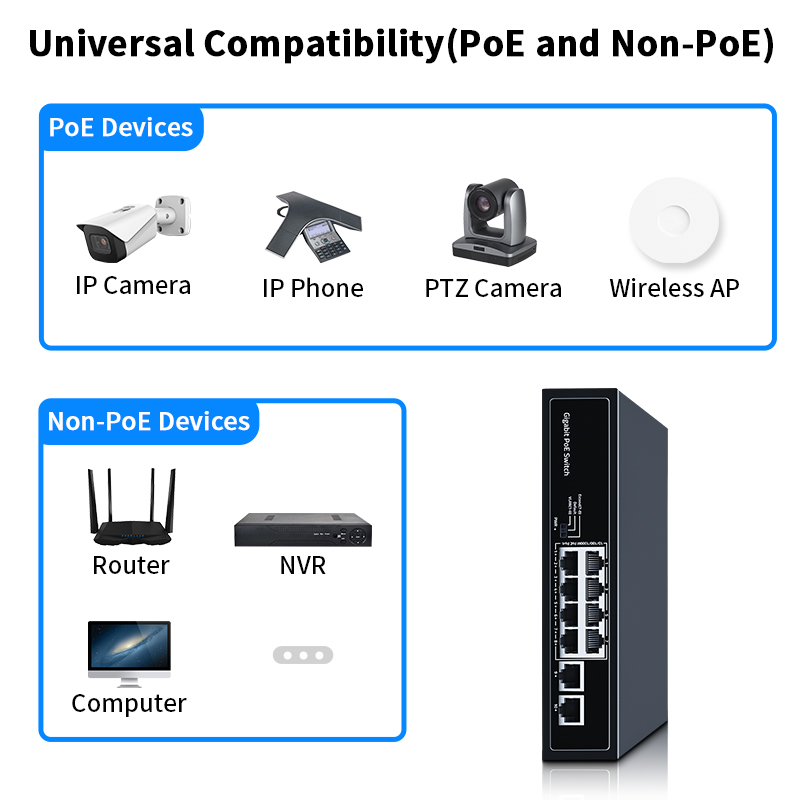Have you ever encountered a situation where the phone can search for the WIFI name but cannot connect; Or connect to WIFI and use too laggy. This may be due to insufficient performance or capacity of the router.

First, the difference between industrial-grade routers and home routers
Home wireless routers are generally relatively cheap, but only have a single WAN port, less devices, and need to be restarted frequently. If more than 20 devices are connected, they will be too laggy or unable to connect
Industrial-grade wireless routers are suitable for large-scale user connections and can adopt complex topology structures, load sharing, and optimal routing. They have the advantages of multiple WAN ports, high forwarding performance, high bandwidth capacity, rich routing protocols, and long-term operation.Second, who needs industrial wireless routers?

1.Players who need high-performance network with multiple WAN ports
If you have multiple broadband connections, such as mobile, telecommunications, and Unicom, you need to aggregate them and require a high-performance, high-bandwidth network. We recommend using an industrial-grade wireless router with multiple WAN ports to aggregate broadband connections, achieving up to 10 Gigabit bandwidth.
2.Those who have many people in the home and more than 20 wireless devices
If there are many people in the household or many wireless devices, such as mobile phones + tablets + computers + smart TVs + smart cameras + smart speakers, and the total number of smart home devices exceeds 20, and they are all using WIFI to access the internet at the same time, the home router may not be able to handle the load and may experience lagging and inability to connect to WIFI. It is recommended to use an industrial-grade wireless router, which can support more than 100 devices.

3.Dormitories with a large number of residents
Dormitories with more people living in them have more equipment, and people often use the network for playing games, watching videos, browsing the web, downloading, and other activities. This suggests using industrial-grade wireless routers, which can support multiple devices, group management, multiple speed limits, and high forwarding performance.

4.Storefronts/shops/lobbies, etc.
The storefront/shop has a large number of personnel and high mobility. Public temporary use of WIFI requires a large number of devices, AP management, and WEB authentication. It is recommended to use industrial-grade wireless routers that can support multiple APs, multiple WIFI names, and management, and can be used for WEB authentication and login.

5.Enterprise company

Needless to say, enterprises have a large demand for industrial-grade wireless routers with high throughput (with AP management), high forwarding performance, various routing protocols, long-term operation, and multiple broadband aggregation capabilities.
